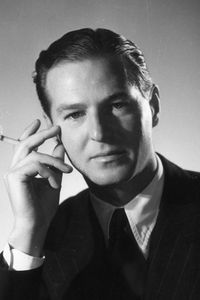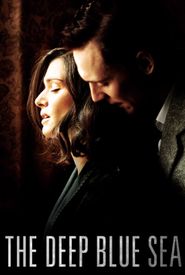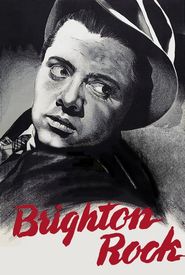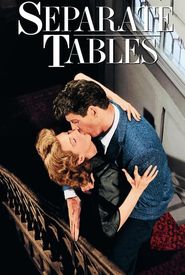Terence Mervyn Rattigan was born in London on June 10, 1911, to a career diplomat and a serial philanderer whose infidelities led to his being dismissed from the Foreign Office. Rattigan received a first-rate education at Harrow and Trinity College, Oxford, and was part of the lower upper-middle class in the inter-war period.
He achieved his first success as a playwright at age 25 with the light comedy "French Without Tears" (1936),which was a huge success in the West End. Determined to do more serious work, he wrote the satirical social drama "After the Dance" in 1939, which criticized the failure of the class of "Bright Young Things" to prevent another war.
Rattigan established himself as a major English dramatist in the post-war period with plays such as "The Winslow Boy", "The Browning Version", "The Deep Blue Sea", and "Separate Tables", all of which were adapted into successful films. His plays were known for their finely-structured plots, keen craftsmanship, and subtle exploration of middle-class emotions.
Rattigan's themes were personal, focusing on the illogicality of love, the conflict between idealized love and love in the present, the pain of lost promise, and the defeat of potential greatness by human weakness. His characters often sublimated their emotions and passions, and the psychic cost of repression was a recurring theme.
According to his biographer Geoffrey Wansell, Rattigan learned to mask his feelings from his father, whose multiple love affairs had a profound impact on his son. Rattigan was also a closeted homosexual in an era of anti-gay sentiment, and his reticence about his own same-sex affairs was rooted in a deeply-rooted aversion to emotional engagement.
For a decade after the Second World War, Rattigan was one of England's leading playwrights, but the emergence of the "kitchen-sink" school of English drama in the mid-1950s damaged his critical reputation. The English stage was revolutionized by John Osborne's "Look Back in Anger", which allowed emotions to "all hang out", and Rattigan's plays were deemed old-fashioned.
Rattigan's reputation declined, and he retaliated against the new generation by writing plays that were increasingly conservative, staid, and old-fashioned. He was knighted in 1972 and died from cancer in 1977, but his critical reputation saw a minor revival shortly before his death and a major revival in the early 21st century.












































